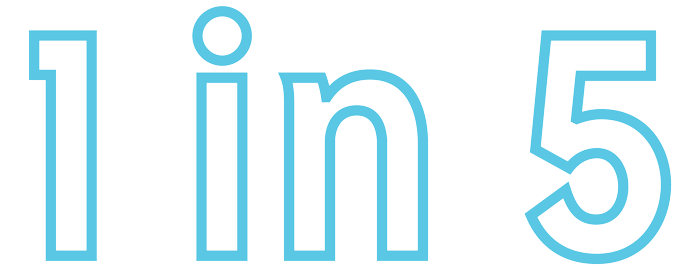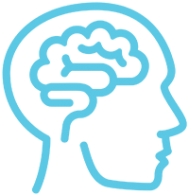BUSTING THE STIGMA

“Hope” by Jordyn Labunski, 2020
Volunteer, Walker, and Stigma Buster

American adults lives with a mental illness.
Mental illness isn’t a character flaw. It’s not a sign of weakness. It can affect anyone of any age, race, gender or class.
Despite advances in mental illness research and treatment, the stigma associated with psychiatric disorders is particularly severe and widespread. This stigma is a barrier that prevents many individuals from seeking help. According to Mental Health America (MHA), 44 million Americans struggle with a mental health condition annually. 25% of these individuals will not receive the treatment they need.
Many people with a mental illness enjoy fulfilled, productive lives—but only with access to treatment. And yet, while our society has made greater strides to approach the subject openly and without shame, conversations about mental illness are still often taboo at worst and clouded by misinformation at best.
We hope you’ll lend your voice (and your ears) to this important conversation.
So what can we—each of us, in our daily lives—do about it?

We can listen. We can be a safe place for our friends and loved ones to confide in. We can believe their suffering is real.

We can learn. We can become familiar with changes in behavior and attitude, and signs of distress in those we care about. We can validate their concerns, ask questions, and be responsive.
We can be a friend. We can reach out to those who are struggling in a positive and supportive way. We can offer advice and ensure they are getting the care they need by recommending a mental health professional or counselor.

We can speak. We can tell our own stories or be a platform for those who may not otherwise have a voice. We can help others understand that these experiences are common.

We can think. We can share reliable, fact-checked stories about breakthroughs in mental health research and push back against misinformation, stigma, and pseudoscience.

And we can act. We can support causes—like the Foundation of Hope—that fund mental illness research. We can give money, time and resources. It doesn’t have to be a lot; every little bit helps.
